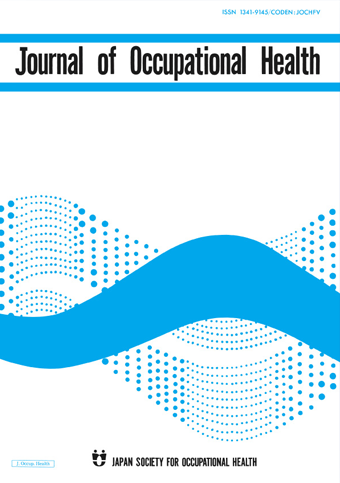Analyzing the Mental Health of Former Politicians to Effectively Care for those Currently in Office
Political leaders face a mix of difficult challenges from climate breakdown to managing pandemics to terrorism. This can easily take a toll on their physical and mental health, with the latter becoming a focal point in health discussions around the world. To understand how the mental health problems of heads of state, ministers, and other top political leaders have been diagnosed, treated, and discussed in public, I undertook a literature survey which generated a narrative review.
I found that in a study of 46 former politicians, which included dictators, presidents, and prime ministers, 58 percent of them showed mild-to-severe psychopathology. Another study demonstrated that of 51 British prime ministers from 1721 to 2007, 37 of them (72 percent) either briefly experienced mental ill-health or had serious symptoms. Nine of them identified psychiatric problems as the reason for their resignation but the most common mental illnesses were related to mood and anxiety disorders, and alcohol or substance abuse issues.
Similarly, another study of 37 American presidents from 1776 to 1974 showed that in 27 percent of them, a mental disorder was evident during their term in office which affected their performance. A psychiatric disorder was diagnosed in 49 percent of them with the most common being depression, anxiety, bipolar disorder, and alcoholism. Three Finnish presidents from 1919 to 1981 exhibited physical illness, stress, and aging that impacted their duties. To this end, an expert group recommended that future presidents must report on their health and working capacities regularly in public, which has been carried out by successive leaders.
The survey also revealed that physicians could make cautious comments on the relationship between a leader’s health and their functional capacity but would have to refrain from giving an opinion of their health status alone. While authoritarian leaders in the past had a range of personality and age-related problems, democratically-elected politicians are more likely to encounter external stress. Yet, the existing class of political leadership skews towards being younger and healthier with rare cases of mental ill-health.
Overall, my research uncovered the health problems of former leaders who led during wars and other exceptional circumstances. To effectively serve today’s leadership, a standard care program should be in place that involves regular health check-ups and mental health evaluations performed by occupational healthcare professionals such as physicians, nurses, psychologists and psychiatrists.
Link to the original journal article:
https://www.jstage.jst.go.jp/article/eohp/2/1/2_2020-0010-PR/_article
Mental health of high-level politicians: diagnostics, public discussion and treatment―a narrative review
Matti Isohanni
Here are some ways you can make it easier for your plain-language summary to be discovered once it has been published:
- Upload the summary on your personal, lab/research group, or university website.
- Share the published content with peers and colleagues through your personal social media accounts (Facebook, Twitter, Blogs, and LinkedIn). Link this back to the journal’s social media promotions for your paper.
- Include the link to the published post in your email signature line.
News & Announcement
-
Mar 14, 2025EOH-P has been listed on PMC/PubMed!The articles published in EOH-P have been registered with PMC/PubMed, the U.S. Nation...
-
Jun 11, 2021Lay Summary page open!Lay Summary page provides you article summaries in order of study categories. You can...
-
Oct 1, 2019EOH-P is now released!The Environmental and Occupational Health Practice (EOH-P) has been released. Please ...
Journal Info
Average 46.14 days from submission to first decision
Average 120.95 days from submission to acceptance







